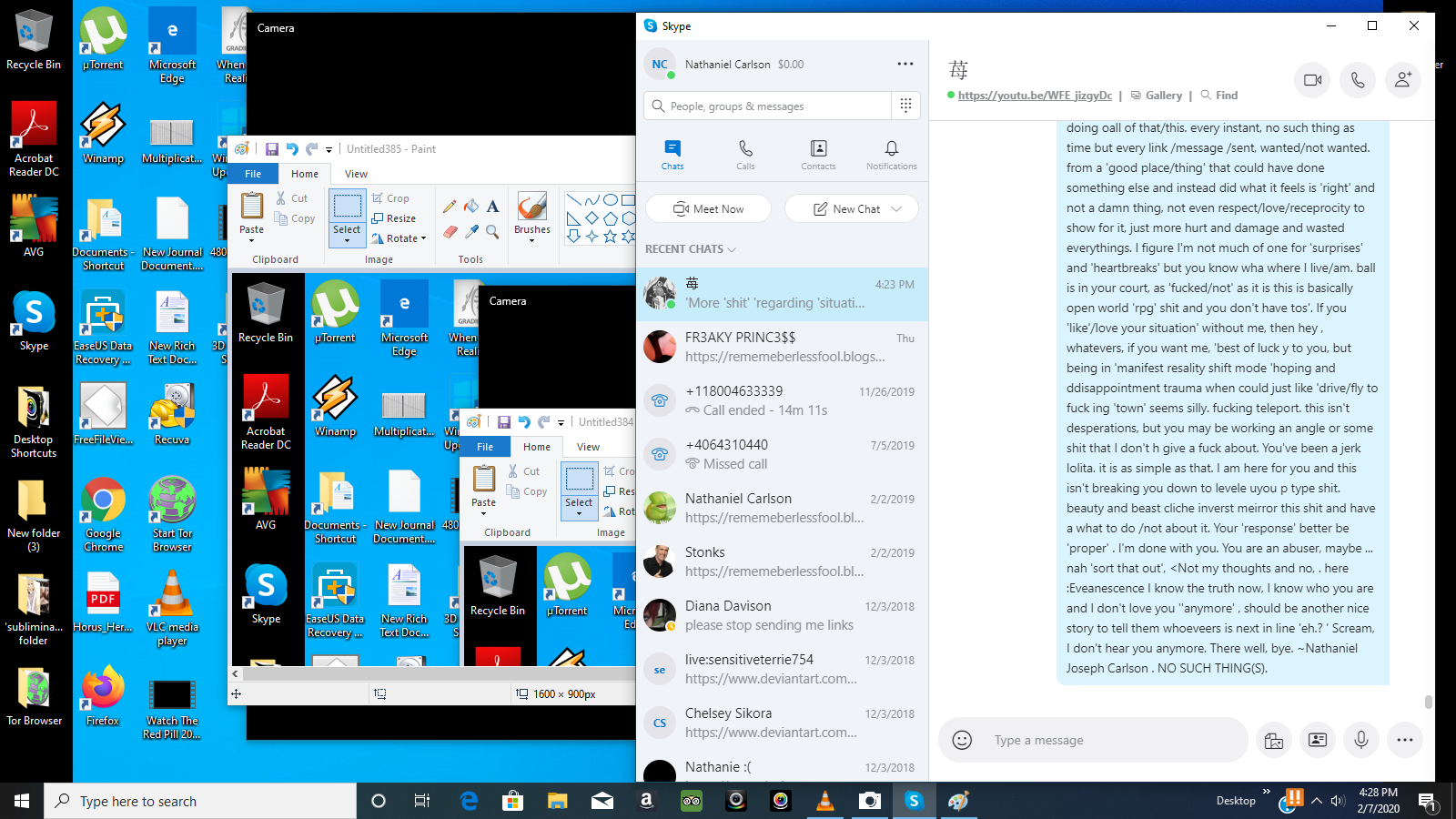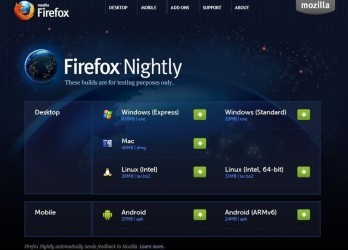Mozilla promises a radical change in Firefox in the release of version 57, that also affect the look of the browser.1 These changes were released on Nightly in August 2017, which included a new version of its logo.2 Since then, some versions of Nightly come with a different version of the Firefox logo, as can be seen below. Firefox Nightly News Firefox Nightly on Twitter. The latest tweets from @FirefoxNightly. Firefox 87.0 / 88.0 RC 1 / 89.0 Nightly. Softpedia Editor's Pick add to watchlist send us an update. 13 screenshots: portable version. A portable version of this application is. Download and open Firefox Beta, Nightly, or Dev. Go to about:config in a new tab. Click “Accept the risk and continue.”. Search for “ browser.proton.enable”. Click the arrow icon to turn. What is Firefox Nightly? Every day, Mozilla developers write code that is merged into a common code repository (mozilla-central) and every day that code is compiled so as to create a pre-release version of Firefox based on this code for testing purposes, this is what we call a Nightly build.
A faster, more secure and customizable Web browser.
Mozilla Firefox is a fast, light and tidy open source web browser. At its public launch in 2004 Mozilla Firefox was the first browser to challenge Microsoft Internet Explorer’s dominance. Since then, Mozilla Firefox has consistently featured in the top 3 most popular browsers globally and this is set to continue thanks to the release of Firefox 30. The key features that have made Mozilla Firefox so popular are the simple and effective UI, browser speed and strong security capabilities. The browser is particularly popular with developers thanks to its open source development and active community of advanced users.
Easier Browsing
Mozilla put of a lot of resources into creating a simple but effective UI aimed at making browsing quicker and easier. They created the tab structure that has been adopted by most other browsers. In recent years Mozilla has also focused on maximizing browsing area by simplifying toolbar controls to just a Firefox button (which contains settings and options) and back/forward buttons. The URL box features direct Google searching as well as an auto predict/history feature called Awesome Bar. On the right side of the URL box there are bookmarking, history and refresh buttons. To the right of the URL box is a search box which allows you to customize your search engine options. Outside of that a view button controls what you see below the URL. Next to that you have the download history and home buttons.
Speed
Mozilla Firefox boasts impressive page load speeds thanks to the excellent JagerMonkey JavaScript engine. Start up speed and graphics rendering are also among the quickest in the market. Firefox manages complex video and web content using layer-based Direct2D and Driect3D graphics systems. Crash protection ensures only the plugin causing the issue stops working, not the rest of the content being browsed. Reloading the page restarts any affected plugins. The tab system and Awesome Bar have been streamlined to launch/get results very quickly too.
Security
Firefox was the first browser to introduce a private browsing feature which allows you to use the internet more anonymously and securely. History, searches, passwords, downloads, cookies and cached content are all removed on shutdown. Minimizing the chances of another user stealing your identity or finding confidential information. Content security, anti-phishing technology and antivirus/antimalware integration ensures your browsing experience is as safe as possible.
Personalisation & Development

One of the best features of the Firefox UI is customization. Simply right click on the navigation toolbar to customize individual components or just drag and drop items you want to move around. The inbuilt Firefox Add-ons Manager allows you to discover and install add-ons within the browser as well as view ratings, recommendations and descriptions. Read about the top recommended add-ons for Mozilla Firefox on TechBeat. Thousands of customizable themes allow you to customize the look and feel of your browser. Site authors and developers can create advanced content and applications using Mozilla’s open source platform and enhanced API.
- Firefox keeps getting faster as a result of significant updates to SpiderMonkey, our JavaScript engine, you will now experience improved page load performance by up to 15%, page responsiveness by up to 12%, and reduced memory usage by up to 8%. We have replaced part of the JavaScript engine that helps to compile and display websites for you, improving security and maintainability of the engine at the same time.
- Firefox introduces HTTPS-Only Mode. When enabled, this new mode ensures that every connection Firefox makes to the web is secure and alerts you when a secure connection is not available. You can enable it in Firefox Preferences.
- Pinch zooming will now be supported for our users with Windows touchscreen devices and touchpads on Mac devices. Firefox users may now use pinch to zoom on touch-capable devices to zoom in and out of webpages.
- Picture-in-Picture now supports keyboard shortcuts for fast forwarding and rewinding videos: use the arrow keys to move forward and back 15 seconds, along with volume controls.
- When you are presenting your screen on a video conference in Firefox, you will see our improved user interface that makes it clearer which devices or displays are being shared.
- Selecting a search engine at the bottom of the search panel now enters search mode for that engine, allowing you to see suggestions (if available) for your search terms. The old behavior (immediately performing a search) is available with a shift-click.
- When Firefox autocompletes the URL of one of your search engines, you can now search with that engine directly in the address bar by selecting the shortcut in the address bar results.
- We’ve added buttons at the bottom of the search panel to allow you to search your bookmarks, open tabs, and history.
- Firefox supports AcroForm, which will allow you to fill in, print, and save supported PDF forms and the PDF viewer also has a new fresh look.
- For the recently released Apple devices built with Apple Silicon CPUs, you can use Firefox 83 and future releases without any change. This release (83) will support emulation under Apple’s Rosetta 2 that ships with macOS Big Sur. We are working toward Firefox being natively-compiled for these CPUs in a future release.
- Screen reader features which report paragraphs now correctly report paragraphs instead of lines in Google Docs.
- When reading by word using a screen reader, words are now correctly reported when there is punctuation nearby.
- The arrow keys now work correctly after tabbing in the picture-in-picture window.
- For users on macOS restoring a session with minimized windows, Firefox now uses much less power and you should see much longer battery life.
- Developers can use the scroll badge in the Page Inspector to Debug scrollable overflow. Selecting the badge highlights elements that are causing overflow and marks them with the overflow badge.

Firefox Nightly The Connection Timed Out
Firefox Nightly Vs Beta

Firefox Nightly 70
